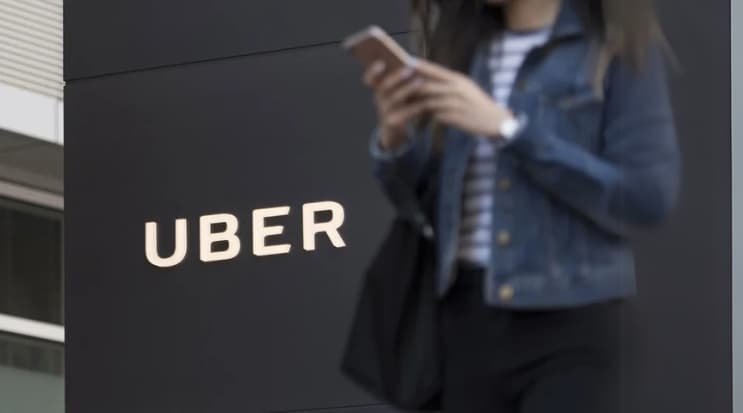
FTC Takes Legal Action Against Uber for Alleged Unauthorized Subscription Practices
The U.S. watchdog claims Uber violated consumer protection laws by auto-enrolling users in Uber One, highlighting growing concern over digital subscription transparency.
In a significant escalation of regulatory scrutiny, the U.S. Federal Trade Commission (FTC) has officially sued Uber Technologies Inc., alleging that the ride-hailing and delivery giant enrolled millions of consumers into its Uber One subscription service without their consent. The FTC lawsuit, filed in federal court, accuses Uber of violating US consumer protection laws, including the Restore Online Shoppers’ Confidence Act (ROSCA).
The lawsuit claims that Uber used dark patterns, manipulative design choices within the app and website interface, to mislead users into paid subscriptions and to make cancellations difficult, a practice that has drawn growing concern from regulators across multiple tech platforms.
What Is Uber One?
Uber One is the company's subscription offering, giving users benefits like discounted rides, free delivery, and exclusive promotions. It is marketed as a premium convenience feature for frequent Uber users in the U.S. and abroad. However, the FTC alleges that Uber’s user interface intentionally concealed or obscured key terms related to billing, leading users to unintentionally subscribe during checkout or other app interactions.
Key Legal Allegations by the FTC:
-
Unauthorized Enrollments: Users were allegedly subscribed to Uber One without providing express informed consent.
-
Deceptive User Interfaces: The app interface used misleading layouts and defaults that led users into signing up unintentionally.
-
Obstructive Cancellation Processes: Uber allegedly made it intentionally difficult for users to cancel, violating transparency and consent laws.
-
Violation of ROSCA: The Restore Online Shoppers’ Confidence Act requires clear disclosure, affirmative consent, and simple cancellation mechanisms—elements the FTC argues Uber failed to uphold.
FTC’s Statement
Samuel Levine, Director of the FTC’s Bureau of Consumer Protection, stated:
“Uber trapped consumers into subscriptions they didn’t want and then put up roadblocks to prevent them from getting out. This lawsuit underscores the FTC’s commitment to protecting consumers from dark patterns and unfair digital practices.”
Uber's Response
Uber has responded by denying the allegations, asserting that it provides clear subscription terms and easy cancellation options. A company spokesperson said:
“We strongly disagree with the FTC’s claims and will vigorously defend ourselves in court.”
Broader Legal Context
This case is part of a growing trend where US regulators sue tech companies for employing dark UX patterns and auto-renewal traps in subscription models. The FTC’s lawsuit against Uber follows similar cases against Amazon, Epic Games (Fortnite), and other digital service providers.
Legal experts say this is part of the Biden administration's broader effort to tighten oversight of major tech firms and ensure compliance with consumer rights laws in the digital economy.
What’s Next?
The lawsuit seeks monetary penalties, injunctive relief, and restitution for affected users. If successful, this could force Uber to revamp its subscription interface and refund millions in allegedly unauthorized charges.
Summary
This FTC vs Uber lawsuit signals an aggressive push by US regulators to enforce digital consumer protections. The case will be closely watched by legal analysts, tech giants, and consumer advocates as it may reshape how subscription services are designed and marketed in the US digital marketplace.
For any enquiries or information, contact info@thelawreporters.com or call us on +971 52 644 3004. Follow The Law Reporters on WhatsApp Channels